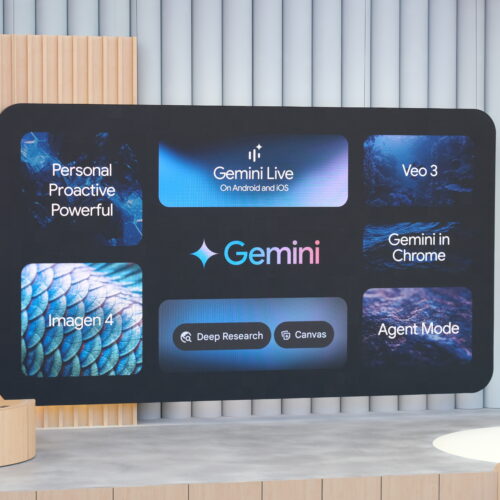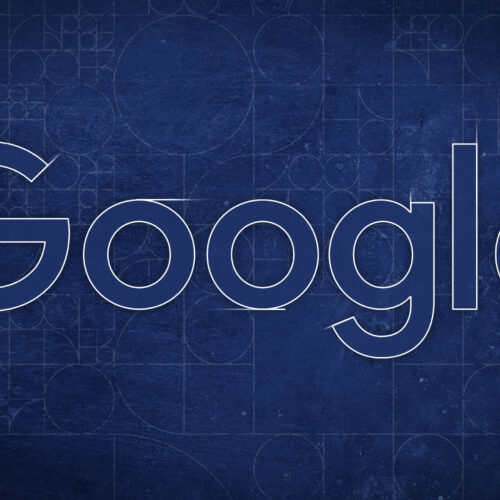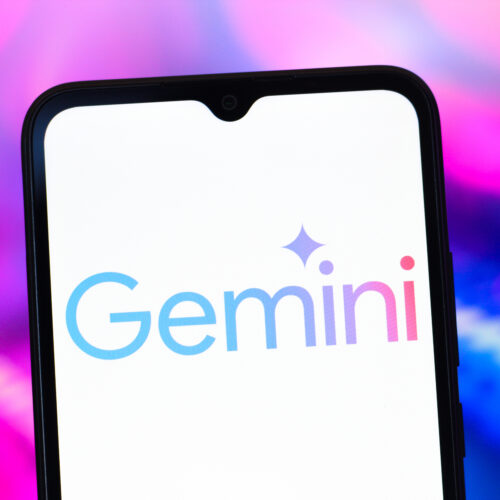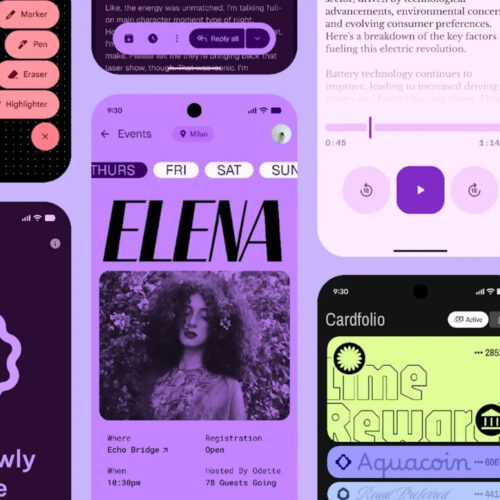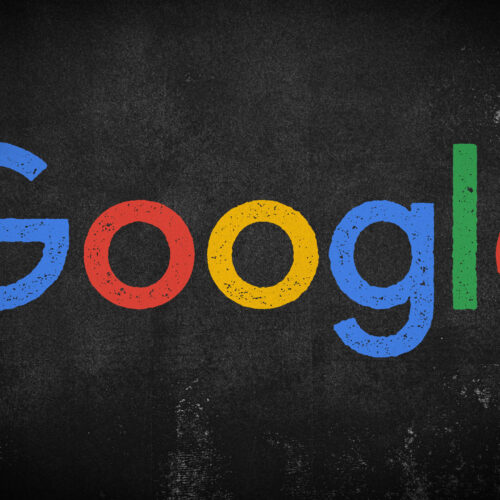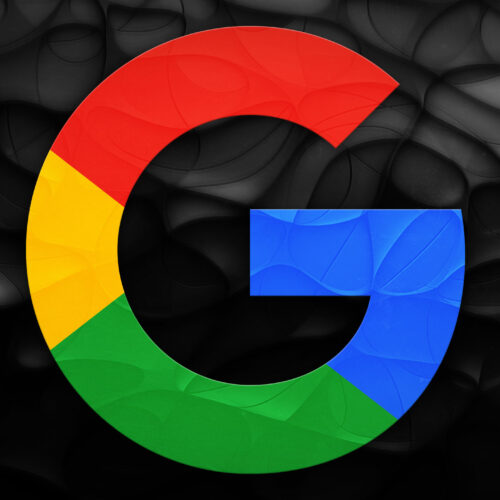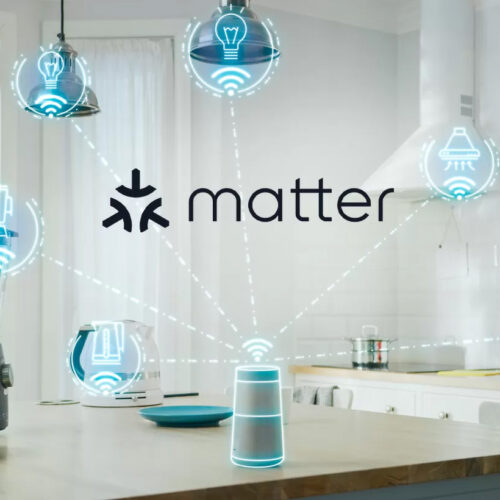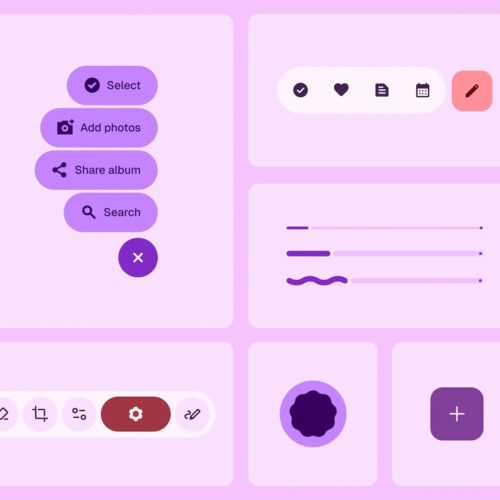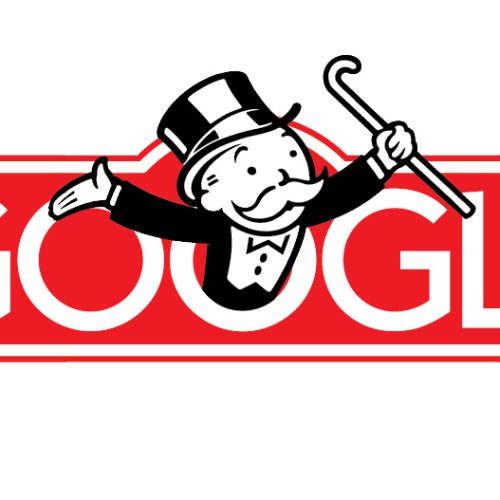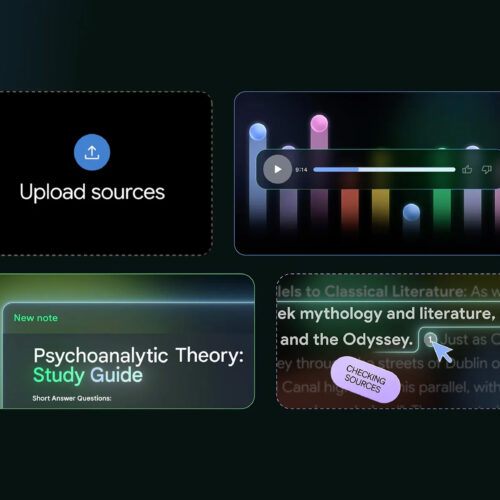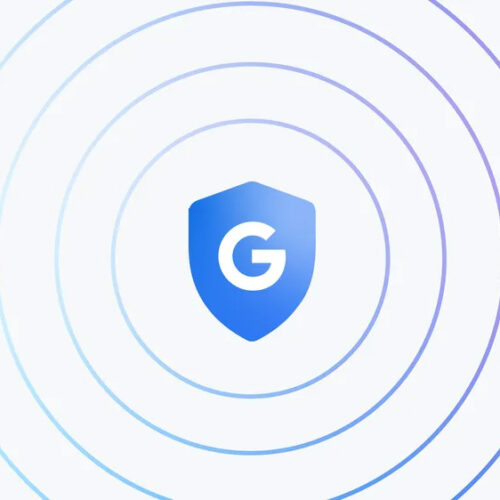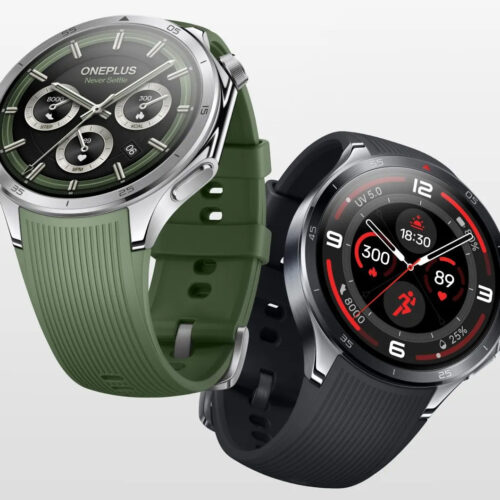Gemini 2.5 is leaving preview just in time for Google’s new $250 AI subscription
MOUNTAIN VIEW, Calif.—Google rolled out early versions of Gemini 2.5 earlier this year. Marking a significant improvement over the 2.0 branch. For the first time, Google's chatbot felt competitive with the likes of ChatGPT, but it's been "experimental" and later "preview" since then. At I/O 2025, Google announced general availability for Gemini 2.5, and these models will soon be integrated with Chrome. There's also a fancy new subscription plan to get the most from Google's AI. You probably won't like the pricing, though.
Gemini 2.5 goes gold
Even though Gemini 2.5 was revealed a few months ago, the older 2.0 Flash has been the default model all this time. Now that 2.5 is finally ready, the 2.5 Flash model will be swapped in as the new default. This model has built-in simulated reasoning, so its outputs are much more reliable than 2.0 Flash.
Google says the release version of 2.5 Flash is better at reasoning, coding, and multimodality, but it uses 20–30 percent fewer tokens than the preview version. This edition is now live in Vertex AI, AI Studio, and the Gemini app. It will be made the default model in early June.


© Ryan Whitwam
